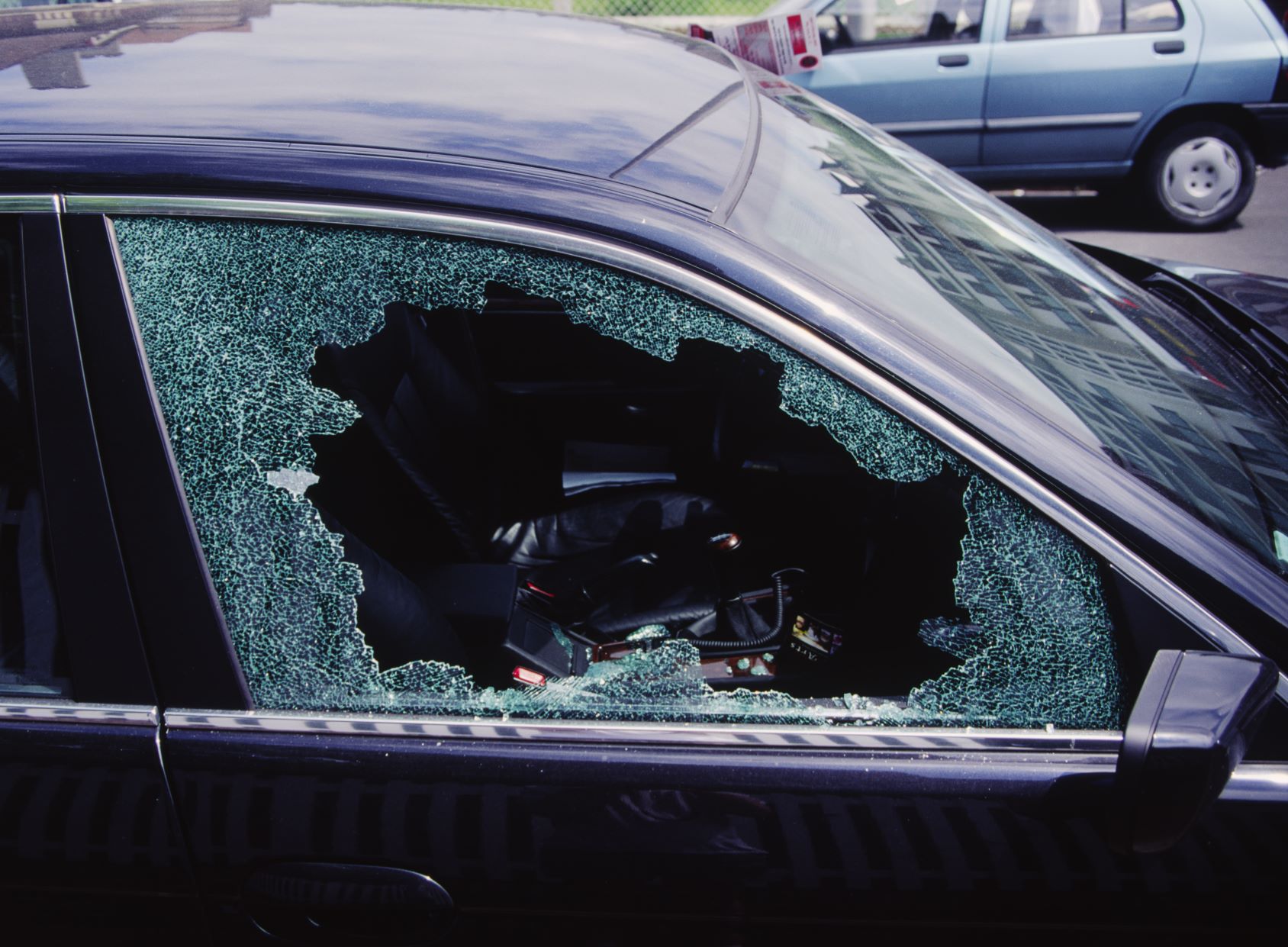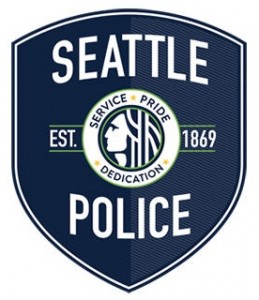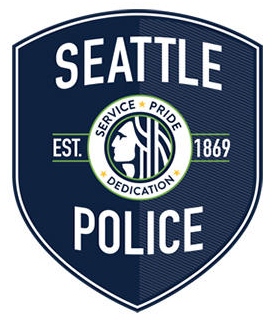(Adapted from Pemco newsletter)
After two years of decline, in June 2020 auto thefts began to rise by 13% across the United States. Statisticians don’t expect this trend to have reversed in 2021. The jump in thefts of car parts was even greater over the last year — especially catalytic converters (PEMCO’s seen a 2,156% increase in catalytic converter claims in the past year alone).
The National Insurance Crime Bureau (NICB) points to the pandemic and economic downturn as key factors. While PEMCO claims data doesn’t provide further insight into why theft rates are rising locally, the data does offer clues to help reduce the risk of becoming a victim.
Make your car a harder target for thieves:
1. Don’t be a “puffer.” It may be tempting to go back inside the house as you warm up your car in the driveway on cold mornings. Unfortunately, teams of thieves often cruise neighborhoods looking for telltale plumes of steam coming from tailpipes – and in seconds, can steal your car. In addition, it’s illegal to leave a running vehicle unattended in Washington.
2. Park inside a locked garage. If you have a garage and use it for storage and park elsewhere, it’s worth reconsidering and clearing a space in the garage big enough for your car.
3. Take keys and fobs out of your car and lock up. Whether your ignition is keyed or keyless, leaving your keys and fob in the car makes it extremely easy to steal. (The NICB reports that thefts of cars with the keys left inside have jumped by more than 50% since keyless ignition has become standard.)
4. Park in well-lighted, busy areas. Potential witnesses and visibility make your car less attractive to potential thieves. Looking for and parking near security cameras also helps deter theft.
5. Clean out your car. Almost anything left in a vehicle can become a target for the curious or thieves. Make your car a non-target. Don’t leave coats piled in the back, packages on the seat or spare change in the console. A thief who breaks in to get those may end up taking the whole car.
6. Take your garage-door opener, registration and proof of insurance out of your car. Keeping your garage-door opener, registration and proof of insurance separate from your car won’t stop thieves from stealing your car, but it will keep them from learning your home address – printed on the registration and proof of insurance – and then using your garage door opener to gain entry to your house. The law requires only that you have them with you when you drive.
7. Use a steering wheel lock. Products like The Club can be defeated by persistent thieves, but they require time, tools, and effort, all of which are not appealing to thieves. Steering wheel locks may encourage them to pass by your car in favor of an easier target.
8. Add a GPS tracker to your car that connects to your smartphone. It can lead the police to your car if it’s stolen. The quicker police get your car back, the lower the chance it will get stripped for parts or used to commit another crime. Never try to recover the car yourself, though, because an encounter with the thief could put you at risk for serious physical harm.
9. Activate manufacturer-based subscription services. Programs like General Motors’ OnStar or Toyota Connected Car Services can help you locate your car geographically. They may also allow you to lock or disable your car remotely to prevent thieves from taking them farther. Check in with your car manufacturer to see what options are available for your car.
10. Consider shields and VIN engraving for catalytic converters. The presence of an aftermarket shield or engraved VIN encourages thieves to leave your catalytic converters alone. Shields take time to remove. VINs make converters harder to sell. It may also be possible to adjust your car alarm to sense vibrations caused by sawing.
How to recover your car faster if it is stolen
1. Report the crime to the police. If you see the theft happening, call 9-1-1. If not, you can use a non-emergency phone number or report the theft online. Keep a copy of your crime report – particularly the number – so you have it for your insurance claim.
2. If you subscribe to a manufacturer-based subscription service like OnStar, notify the service immediately so they can work with the police in finding your car.
3. Report the theft to your insurance company.












